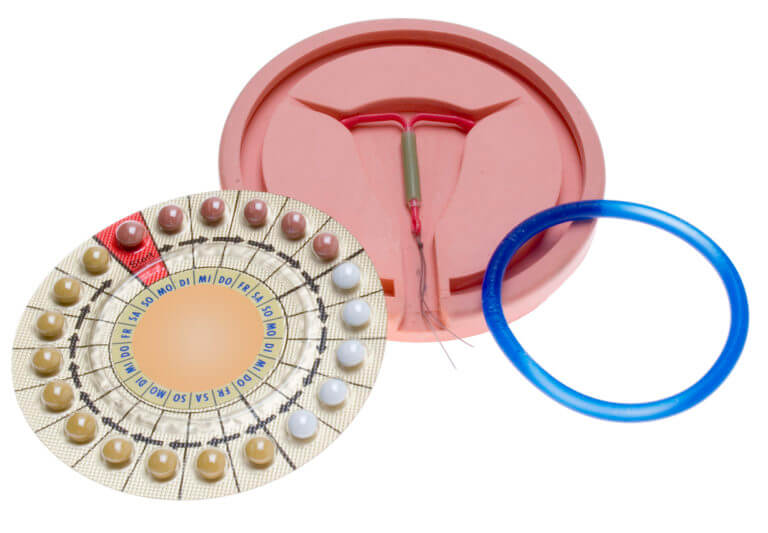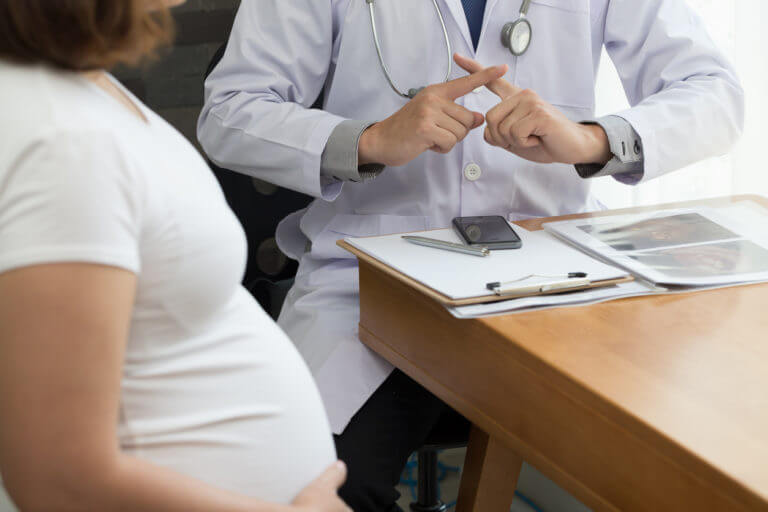Being overweight is linked to heart disease, high blood pressure, diabetes, stroke, and cancer. The extra fat cells in the body put undue pressure on the other organs while also competing for resources – such as nutrition – and adding excess weight to the lower extremities and joints. Pregnant women who were already overweight before
Read MoreBlog
What Is a False-Positive Pregnancy Test?
Whereas women used to have to go to their doctor to find out whether or not they’re pregnant, they can now purchase easy-to-use pregnancy tests from their local drug store. However, there are several factors that can affect the accuracy of these home pregnancy tests. These over-the-counter tests are not as accurate as those performed
Read MorehCG Diet and Pregnancy
The human chorionic gonadotropin (hCG) diet is often talked about among people who are trying to lose weight. It is a very controversial diet not just due to its effectiveness but also due to its safety. The hCG diet consists of the consumption of only 500 calories per day for a number of weeks, combined
Read MoreTracking Your Cycle: When to Be Concerned About Irregular Periods
It’s important that you pay attention to your monthly menstrual cycle to make sure your periods are regular. Why keep track? It makes sense that you want to be prepared, but you might not know that gauging your period is also a good way to gauge your body’s overall health. Irregularities in your monthly flow
Read MorePregnancy Challenges with Thyroid Disease
Thyroid hormones are produced by the thyroid gland, which is located in the front of the neck – right below the voice box. These hormones help to regulate your heart rate, metabolism, and other bodily functions. Many endocrine disorders are traced to either insufficient or overbearing thyroid hormone production. If you are pregnant, you need
Read MoreFAQs About Infertility
There are a few things in life as devastating as being unable to fulfill your family planning desires. If you are having difficulty becoming a parent, it could be due to infertility. Infertility is a condition that makes you unable to reproduce, and it can affect both men and women. Fortunately, advances in reproductive endocrinology
Read MoreWhat to Expect with a High-Risk Pregnancy?
Pregnancy is an exciting time in any woman’s life because a new life is being prepared to enter the world. Given this, any pregnancy requires careful monitoring, but high-risk pregnancies require more diligent care and precautions. What is a High-Risk Pregnancy? Regardless of whether you are expecting your first, second, or third child, your doctor
Read MoreHow does a pregnancy test work?
One of the first things women do when they suspect they may be pregnant is take a pregnancy test. They are readily available at any grocery or drug store – and even some gas stations carry them! You may be wondering how a pregnancy test works. Read on to learn more. The Pregnancy Test While
Read MoreImportance of Your Prenatal Care Appointments
Pregnant women require highly specialized care to ensure a safe childbirth and a healthy baby. Therefore, your prenatal care obstetric appointments are vitally important for both of you. Prenatal care is carried out through regular checkups by a physician, preferably an OB/GYN (obstetrician/gynecologist), who will follow the progression of your pregnancy and the development of
Read MoreThe impact of regular gynecological exams on women’s health
As women, we tend to put the needs of others before ourselves. However, to continue caring for others, we need to prioritize ourselves, including our reproductive health. To properly care for yourself, you need to go to regular gynecological exams. Doing so has a great impact on your health. Our reproductive health needs change as
Read More












